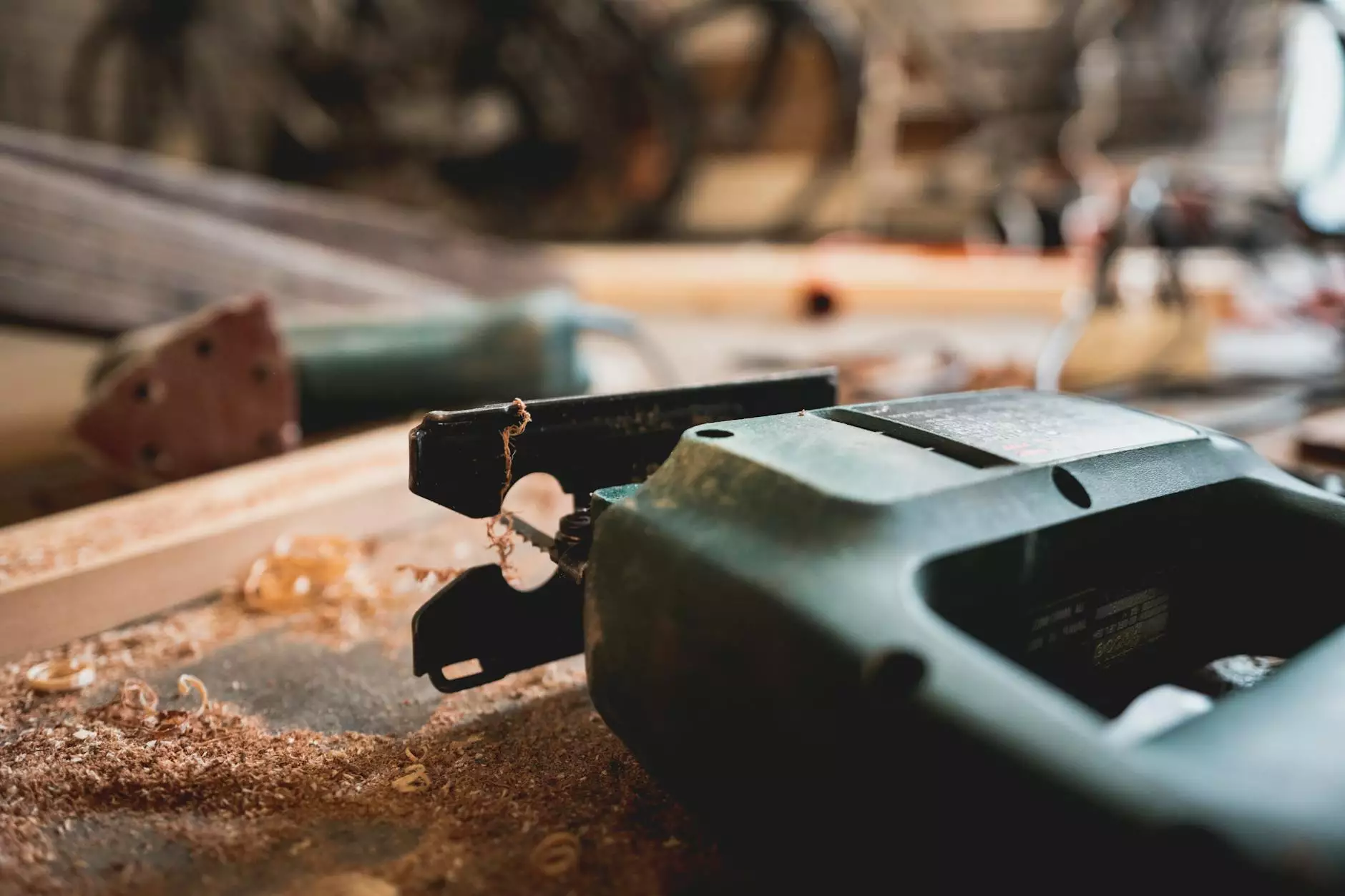Understanding Kitchen Upgrade Cost: A Detailed Guide for Homeowners

The kitchen is often considered the heart of the home. Not only does it serve as a place for cooking and dining, but it’s also a gathering space for family and friends. Therefore, investing in a kitchen upgrade can significantly enhance both the aesthetics and functionality of this vital area. In this comprehensive guide, we will explore the various factors that influence kitchen upgrade cost, provide valuable budgeting tips, and discuss how you can achieve your dream kitchen on a budget.
1. What Influences Kitchen Upgrade Cost?
The kitchen upgrade cost can vary widely depending on a number of factors. Understanding these elements will help you plan and budget effectively for your kitchen renovation.
1.1 Size of the Kitchen
The overall size of your kitchen is one of the most significant factors affecting the cost of an upgrade. Larger kitchens typically require more materials, labor, and time, leading to increased expenses. Conversely, smaller kitchens may involve lower costs, depending on the scale of the upgrade.
1.2 Scope of the Upgrade
Upgrades can range from minor cosmetic changes, such as painting cabinets or changing hardware, to major renovations that involve structural changes. Each type of upgrade carries its own price range. Here are some common types of upgrades:
- Cosmetic Upgrades: Painting, new cabinet hardware, and updated lighting fixtures can refresh your kitchen at a relatively low cost.
- Structural Changes: Altering the layout, removing or adding walls, or expanding the kitchen's footprint will significantly increase costs.
- Full Renovation: A complete overhaul, including new cabinets, countertops, flooring, and appliances, can be the most expensive option.
1.3 Quality of Materials
The quality of the materials you choose will greatly influence the kitchen upgrade cost. Higher-end materials, such as granite countertops and hardwood flooring, will naturally be more expensive than budget alternatives like laminate and vinyl. It’s essential to select materials that balance quality, durability, and aesthetics within your budget.
1.4 Labor Costs
Labor costs will vary depending on your location and the complexity of the upgrade. Hiring a skilled contractor or kitchen designer can add to the expense but may also ensure a higher-quality finish and adherence to timelines. On average, labor can account for 20% to 35% of your total renovation cost.
1.5 Location
The region where you live plays a crucial role in determining costs. Urban areas often have higher labor costs due to demand and living expenses than rural locations. It's also essential to check local building codes and regulations that may affect the scope and cost of your upgrades.
2. Budgeting for Your Kitchen Upgrade
Once you understand the various factors that can influence the kitchen upgrade cost, the next step is budgeting. An effective budget helps you make informed decisions and prevents overspending.
2.1 Establish Your Budget Range
Begin by determining how much you can realistically spend on your kitchen upgrade. This budget should consider savings, potential financing options, and any grants or incentives available for home improvements. Aim to create a budget range rather than a fixed amount, allowing you some flexibility in your choices.
2.2 Prioritize Your Needs and Wants
Make a list of what you need and what you want in your kitchen. This will help you focus on essential upgrades, such as replacing outdated appliances, while also considering nicer additions, like a new backsplash. Rank these items based on priority.
2.3 Get Multiple Quotes
When you're ready to get quotes from contractors, reach out to several professionals. Getting multiple quotes will give you a better understanding of the general market rate for your desired upgrades and help you identify realistic pricing.
2.4 Set Aside a Contingency Fund
During any renovation, unexpected expenses can arise. It is advisable to set aside 10% to 20% of your budget as a contingency fund for emergencies and unforeseen issues that may occur during the renovation process.
3. Tips for Reducing Kitchen Upgrade Costs
While renovating a kitchen can be expensive, there are several effective strategies to help you stay within budget without compromising on quality.
3.1 DIY Projects
If you have the time and skills, consider taking on some DIY projects. This could include tasks such as painting, installing new hardware, or even tiling a backsplash. Not only will this lower your labor costs, but it can also add a personal touch to your kitchen.
3.2 Shop Around for Materials
Don’t settle for the first products you find. Shopping around for materials can lead to significant savings. Look for sales, discounts, and clearance items. Also, consider shopping at local wholesalers or online marketplaces for better deals.
3.3 Reuse Existing Features
Often, existing features can be refreshed rather than replaced. For example, refinishing cabinets instead of buying new ones can save money while enhancing the overall look of your kitchen. Repainting walls or using new hardware can also breathe new life into old elements.
3.4 Focus on High Impact Areas
Concentrate your upgrades on high-impact areas that will enhance the overall aesthetic and utility of your kitchen without necessitating a complete renovation. For instance, investing in a new countertop or backsplash can dramatically change the feel of a kitchen without the cost of an entire remodel.
4. The Benefits of a Kitchen Upgrade
Investing in a kitchen upgrade brings several benefits that can extend beyond the immediate aesthetics of your home.
4.1 Increased Home Value
One of the most significant benefits of a kitchen renovation is the potential for increased home value. Kitchens are often a focal point for homebuyers, and a modern, updated kitchen can lead to a more lucrative sale.
4.2 Improved Functionality
Upgrading your kitchen allows you to enhance its functionality. Whether it’s adding more storage, improving lighting, or reconfiguring the layout for better flow, these upgrades can make cooking and entertaining more enjoyable.
4.3 Enhanced Energy Efficiency
Modern appliances are typically much more energy-efficient than older models. By upgrading, you can reduce your energy consumption, leading to lower utility bills while also benefiting the environment.
5. Conclusion
In conclusion, understanding the various factors that influence kitchen upgrade cost is essential for homeowners considering a kitchen renovation. By strategically planning your budget, prioritizing your needs, and implementing cost-saving measures, you can achieve the kitchen of your dreams without exceeding your financial limits.
Whether you are looking for a minor refresh or a complete overhaul, the right approach and careful consideration will yield a kitchen space that is both functional and aesthetically pleasing. Now is the perfect time to explore your options and invest in your home’s heart with confidence!
6. Ready to Upgrade Your Kitchen?
At kitchenmakeovers.co.uk, we specialize in transforming kitchens while keeping your budget in mind. Get in touch with us today to discuss your kitchen upgrade and receive expert advice tailored specifically to your needs!









